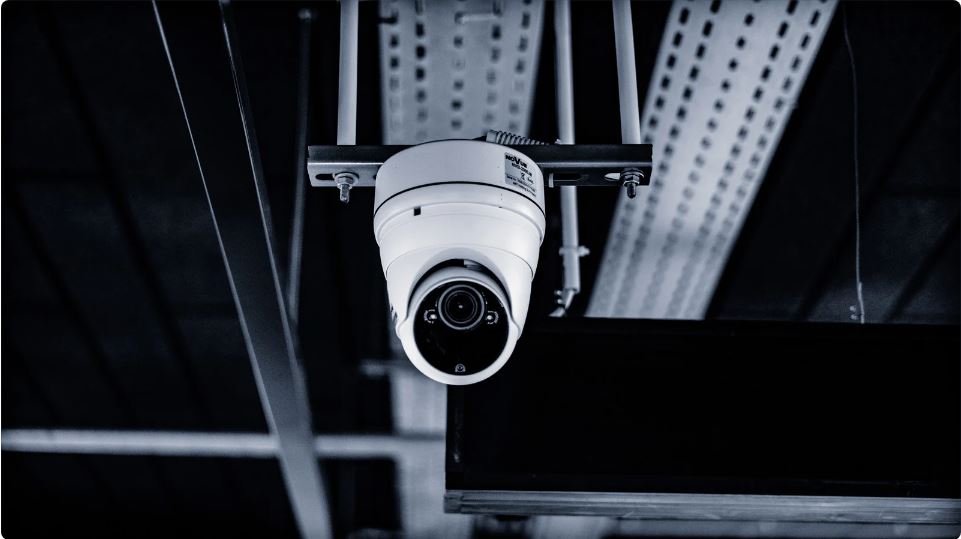Can Workplace Video Surveillance be Psychological Harassment?
Video surveillance systems in the workplace are generally permissible, subject to privacy law requirements such as providing notice in the provinces with privacy legislation and federal workplaces. Many employers use video surveillance for security and other purposes, as they can act as a deterrent for shoplifting or other criminal behaviour, as well as facilitating investigations. However, many employers are tempted to use video surveillance to monitor employee performance, which is not necessarily permissible if too pervasive.
In a recent case in Quebec, the Administrative Labour Tribunal (the “Tribunal”) determined that constant, oppressive video surveillance and resulting discipline can be considered psychological harassment under the province’s Act respecting Labour Standards (the “ALS”). The ALS prohibits psychological harassment, which has been interpreted to mean conduct that:
- a reasonable person would find is socially unacceptable or intolerable;
- causes injury to dignity or integrity; and
- creates a harmful work environment.
Other provinces require employers to eliminate harassment, which is similarly defined.
The employer in that case operated retail stores in Quebec and Ontario, each of which was equipped with video surveillance systems that allowed real-time viewing. The cameras were initially installed as a security feature. Following a complaint about customer service, the owner and managers began watching the cameras regularly. As a result, management began frequently calling staff about breaches of workplace policies that they witnessed on the cameras, such as use of cellphones at work. The employees complained that they felt they were being constantly watched and that they experienced anxiety and paranoia as a result.
The Tribunal determined that the employer’s conduct was psychological harassment. The Tribunal found that the employer’s use of constant video surveillance as an employee management tool was disproportionate to the harms they were trying to prevent. The Tribunal stated that the employer’s behaviour was vexatious and unwanted, undermined the employees’ dignity and integrity and caused them torment, anxiety and a sense of humiliation.
Outside Quebec, the provincial occupational health and safety regimes (i.e. WorkSafeBC and Ontario OHS) also prohibit workplace harassment, which is similarly defined as conduct that is known or ought reasonably to be known to be unwelcome or that may cause a worker to be humiliated or intimidated. Unlike the ALS however, victims of employer harassment cannot sue for compensation and other relief as in Quebec. Instead, employers have a duty to investigate a complaint and take remedial steps and the workplace safety agency (WorkSafe or OHS) may take steps to ensure employers do so.
We believe that continuous surveillance by video or otherwise of employees for the purpose of managing performance would also constitute harassment in other provinces if it is persistent and has the effect of humiliating or intimidating employees. Occasional monitoring of video of employee behaviour in response to reported misconduct may be justifiable, but persistent and oppressive monitoring of employee behaviour over extended periods may cause an employee to feel humiliated, anxious and dehumanized. Employers must balance their right to manage the workplace with their employees’ rights to work in an environment free from humiliation and paranoia. Employers should reasonably limit the use of any surveillance systems and ensure that any continuous or contemporaneous use is proportionate to the issues the employer is trying to prevent or address.
As noted above, in provinces with private sector privacy legislation (B.C., Alberta and Quebec so far) and federal workplaces, privacy legislation has been interpreted in a similar manner to find continuous surveillance breaches privacy rights.
If you want more information on this topic, you can contact us at:
Geoffrey Howard: ghoward@howardlaw.ca
604 424-9686
Sebastian Chern: schern@howardlaw.ca
604 424-9688




